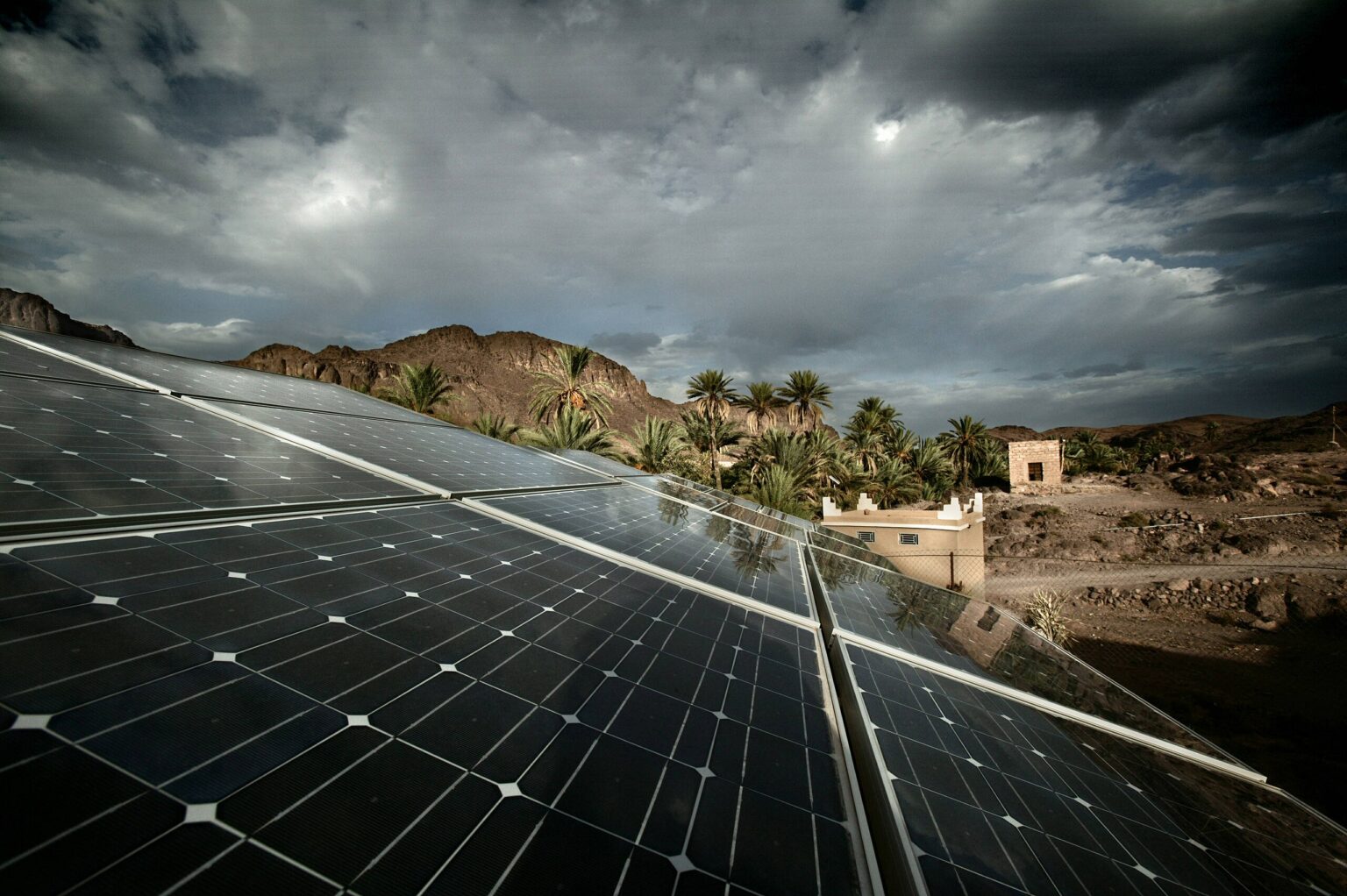The announcement of a collaboration between Taqa and Acwa Power to develop green hydrogen plants in Morocco marks a significant move in the nation’s quest for renewable energy advancement. With Morocco already establishing itself as a leader in renewable energy, particularly in solar and wind, this venture may add a crucial element to its energy portfolio. According to Morocco’s Ministry of Energy, the country aims to produce 52% of its electricity from renewable sources by 2030, a target that could be greatly bolstered by green hydrogen technologies.
As the global demand for hydrogen is expected to increase exponentially, the International Energy Agency has projected that the market for hydrogen could reach $250 billion by 2030. Green hydrogen, produced via electrolysis powered by renewable energy sources, emits no carbon during production. Morocco’s favorable geographic and climatic conditions make it an ideal location for this clean energy venture, potentially reducing its dependence on fossil fuel imports and positioning it as a net energy exporter.
One key challenge that Morocco faces is the high initial cost associated with green hydrogen infrastructure. The Electrolyzer technology, critical to hydrogen production, demands significant upfront investment. BloombergNEF reports that the cost of electrolyzers is currently around $800 per kilowatt, though it is expected to drop to $125 per kilowatt by 2030 with technological advancements and economies of scale.
The partnership between Taqa and Acwa Power aims to alleviate some of these financial barriers through joint investment strategies and technological cooperation. By pooling resources, they can accelerate the development of scalable solutions that could lower costs in the longer term. Furthermore, the involvement of experienced players like Acwa Power, which has spearheaded several successful renewable projects globally, brings valuable know-how to this initiative.
Policy support is another critical factor. The Moroccan government has been fostering a conducive environment for renewable energies through tax incentives and supportive regulations. However, experts argue that more targeted policies specifically designed for hydrogen might be necessary to fully realize its potential benefits. Strategic frameworks that encourage private sector investment and international cooperation could play a significant role in scaling up the technology.
In terms of market impact, Morocco’s move could inspire further developments in Africa’s energy sector. If successful, the project could serve as a benchmark for other nations looking to diversify their energy mix and reduce carbon emissions. It could potentially lead to the establishment of new supply chains and economic opportunities, notably in green ammonia production, which serves as a transportable hydrogen carrier and fertilizer component.





